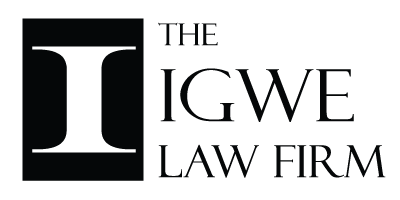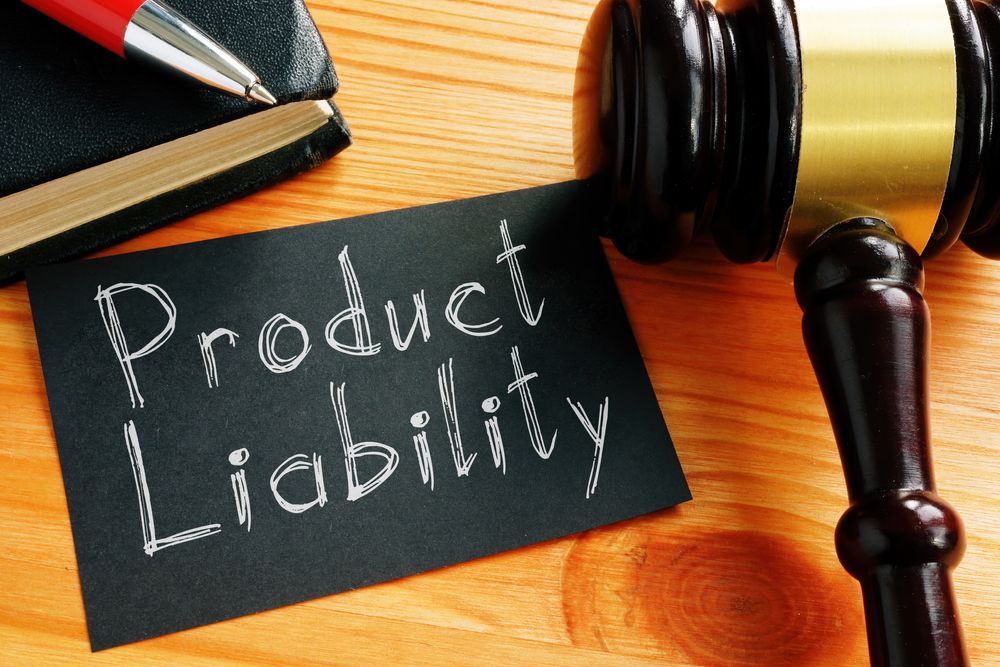Product Liability cases are some of the most overlooked case in any field of law. Why? Well, one of the main reasons is because it is very difficult to judge whether or when an unfortunate incident translates into a case. Who’s liable? What qualifies as negligence? What kinds of damages can be recovered? As a consumer, it’s incredibly important to know what factors determine a legitimate claim. Let’s take a look at the major facts you need to know if you’re considering a product liability lawsuit:
First of All, what is Product Liability?
At its most basic, product liability is an area of law written to protect you, the consumer, from dangerous or defective products that can lead to injury or bodily harm. In a general sense, this can include many factors regarding the creation, distribution, and selling of the product. The manufacturing process, the shipping process, even the market tactics used to advertise the product can play a role. As a complex and highly interpretive form of law, only a qualified product liability lawyer can help you determine whether your situation applies.
Strict Product Liability
One of the more easily understood areas of product liability law is “strict product liability.” This specific form of liability holds the seller of a dangerous or faulty product responsible for mishaps that occur to the consumer. Even if the seller performed the proper care, preparation, and the informing of the dangers of the product, they can still be held accountable.
In fact, the affected party does not have to prove fault for any stage of the product creation and selling process, including manufacturing. The only burden of proof needed is a) the sold product was defective, b) the product was “unreasonably” dangerous, and c) most importantly, that the product is the cause of the plaintiff’s injuries – with the only stipulation being that the consumer was using the product for it’s intended use at the time of injury.
The Types of Defects
For Strict Products Liability, there are three kinds of defects that qualify as a liability to the seller:
- Manufacturing Defect – The Plaintiff must be able to prove that the product was defective when it left the manufacturing plant. This is usually proved by proving a breakdown in the product or a component or an ingredient of the product before it reaches the consumer.
- Design Defect – The plaintiff must be able to prove that the product was unsafe for its intended user. This is proven by demonstrating that the inherent design or part of the inherent design of the product resulted in unreasonable or unknown risks when the product is being used properly.
- Failure to Warn – The plaintiff must be able to prove that he or she was not properly warned about the dangers that the product poses even during proper use. This can include the complete absence of a warning, but more often, an improper or inadequate warning is usually given that causes this problem.
Who is Liable?
Given all the possible parties that are involved in the design, manufacturing, and selling of a product, product liability lawsuits usually include claims against multiple defendants. This is one of the reasons product liability law is so complicated, as many of these different parties have their own legal rights and representations. Only a qualified attorney in product liability law can help to explain to you who is potentially liable in your specific case.
Can I Still Recover Damages?
The good news is that it is definitely possible for plaintiff to recover both punitive damages and compensation if a case is ruled in his or her favor. Punitive damages are punishments for extreme mishandlings or behaviors that usually involve criminal charges, and are fairly rare in product liability cases.
What is more common is compensation, meaning the plaintiff is awarded money in order to recover expenses from medical bills, lost wages, pain and suffering, emotional trauma, and other issues – though it is hard to say what is considered normal, as all cases and their damages differ.
So, Do I Have a Case?
It’s hard to know for sure. Product liability cases are incredibly complicated, and if you’ve been injured by a product and feel that you have a legitimate complaint, then it is imperative that you speak to a product liability lawyer right away in order to determine your rights, as well as what you are entitled to. Product liability cases can be convoluted, drawn out processes, but you don’t have to go through them alone. If you’re a victim of negligence, or any other kind of defect just described, you may have a case.
Learn more about the Igwe Firms Product Liability Services HERE.

